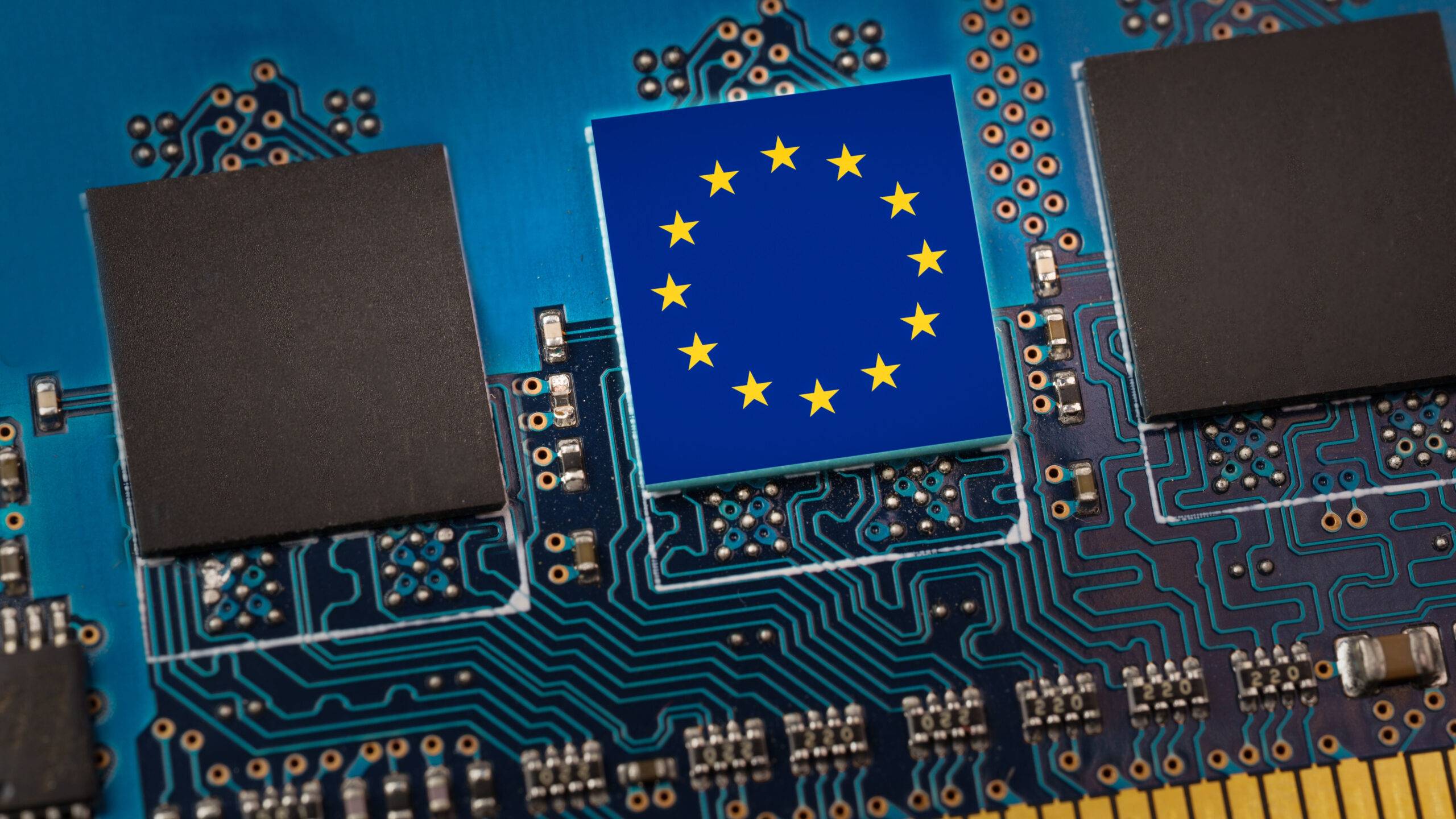Croatia’s Diverging Implementation of EU Copyright Rules

The European Union (EU) Member States are transposing the new EU copyright rules. The new digital press publishers’ right (Article 15, previously known as Article 11) was a highly contentious and controversial provision. After months of protracted debate, EU lawmakers – the Parliament, Council and Commission – reached an agreement striking a carefully considered balance, giving publishers of press publications more control to authorise and prohibit the use of their publications online, while at the same time preserving the ability for everyone to discover, access, and share information online. This balance is essential to the good functioning of the Internet economy. Some EU countries, like Croatia, are taking some freedom in their interpretation of the EU rules, putting at risk the equilibrium reached.
As the EU Capitals implement the new copyright rules into their national law, this balance has come under pressure, leading to potentially far-reaching and problematic consequences for users, publishers and platforms alike. The latest example of this trend can be found in Croatia, where the Croatian Parliament will soon vote on the proposed transposition.
One key objective of the EU text was to give publishers more control over how their content appears on the Internet – thus strengthening their rights. However, the current draft in Croatia includes a provision which would make it mandatory for all publishers to licence these rights collectively. Not only does this go against the spirit of the EU rules, but such a move would weaken the nature of publishers’ rights, forcing publishers to act collectively via a Collective Management Organisation (CMO) and creating unnecessary barriers to the functioning of the EU internal market.
The message from Brussels is very clear. Commissioner Breton personally has underscored the exclusivity of this right on several occasions. Specifically, in answer to a European Parliamentary question, Commissioner Breton stated that:
“The Commission considers that Member States are not allowed to implement Article 15 (…) through a mechanism of mandatory collective management. Article 15 grants publishers of press publications the exclusive rights to authorise or prohibit the distribution and the making available of their publications by information society services. Imposing mandatory collective management would deprive publishers of this exclusive right by precluding publishers’ choice to authorise or prohibit the use of their publication”.
Croatia’s transposition of the EU copyright rules, forcing publishers to act through collective organisations, is a clear deviation which raises another concern: Could it be considered a technical regulation? If so, the Croatian transposition must be notified and examined by the European Commission. Failure to notify can render the Croatian provisions, transposing the EU Copyright Directive Article 15, unenforceable, as the CJEU ruled in a similar case in Germany a couple of years ago.
Imposing a mandatory collective management would diverge from the EU’s copyright rules. It could therefore set a dangerous precedent, leading to a patchwork of different copyright rules amongst all the EU member states. That fear isn’t unfounded. A recent draft law from Austria also paves the way for mandatory collective management. Such an approach would tie the hands of publishers who do not want their rights to be collectively managed via a CMO. It will also cut across the many individual deals that publishers are signing up to with big and small platforms alike. Unless these Austrian and Croatian drafts laws change, these deals could be a thing of the past.
Online platforms actively engaged in discussions with publishers over the use of their content. The bespoke agreements developed help ensure that publishers – both big and small – have ultimate control of their publications and how these are used online. They also enable platforms to continue to direct users to the high-quality content which news organisations publish (Google, for instance, alone sends more than eight billion visits to European news publisher websites each month).
Croatian lawmakers should respect the EU copyright reform’s intention and ensure that publishers have control over how their content is used on the Internet. The current Croatian proposal is a blow to the precise and carefully constructed agreement reached at the EU level. It not only denies publishers the freedom to make their own decisions about the use of their press publications online, it also restricts a platform’s ability to negotiate and conclude individual deals, better suited to individual publishers. In the same way that not all platforms are the same, not all publishers are either and they should have the freedom – as granted under the Directive – to act in their own best interests. Absent this, consumers, users and the Internet as a whole will suffer.








